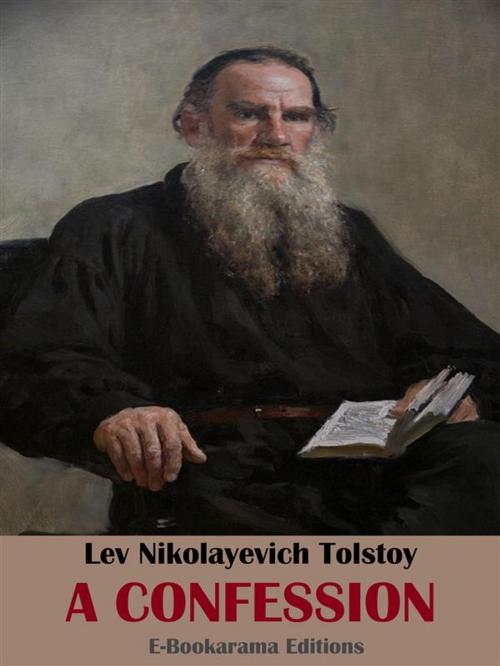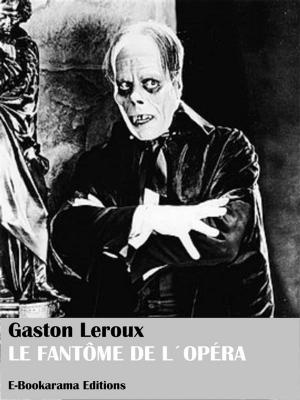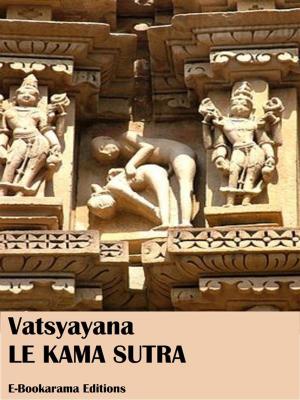| Author: | Lev Nikolayevich Tolstoy | ISBN: | 9788834128848 |
| Publisher: | E-BOOKARAMA | Publication: | May 31, 2019 |
| Imprint: | Language: | English |
| Author: | Lev Nikolayevich Tolstoy |
| ISBN: | 9788834128848 |
| Publisher: | E-BOOKARAMA |
| Publication: | May 31, 2019 |
| Imprint: | |
| Language: | English |
At the height of his fame Tolstoy experienced a crisis of meaning. He said that he contemplated suicide and could no longer live unless he could find the meaning of his life. He wrote about the crisis in a short work, “A Confession,” which was written in 1882 and first published in 1884. Tolstoy was one of the first thinkers to pose the problem of life’s meaning in a modern way.
Lev Nikolayevich Tolstoy was a Russian writer widely regarded as one of the greatest novelists in all of literature. His masterpieces "War and Peace" and "Anna Karenina" represent some of the best realistic fiction ever penned. He also was known for his literal interpretation of the teachings of Jesus. Tolstoy became a pacifist and Christian anarchist, and his ideas of non-violent resistance influenced Mahatma Gandhi and Martin Luther King. Near the end of his life, he finally rejected his wealth and privilege and became a wandering ascetic—dying in a train station shortly thereafter.
At the height of his fame Tolstoy experienced a crisis of meaning. He said that he contemplated suicide and could no longer live unless he could find the meaning of his life. He wrote about the crisis in a short work, “A Confession,” which was written in 1882 and first published in 1884. Tolstoy was one of the first thinkers to pose the problem of life’s meaning in a modern way.
Lev Nikolayevich Tolstoy was a Russian writer widely regarded as one of the greatest novelists in all of literature. His masterpieces "War and Peace" and "Anna Karenina" represent some of the best realistic fiction ever penned. He also was known for his literal interpretation of the teachings of Jesus. Tolstoy became a pacifist and Christian anarchist, and his ideas of non-violent resistance influenced Mahatma Gandhi and Martin Luther King. Near the end of his life, he finally rejected his wealth and privilege and became a wandering ascetic—dying in a train station shortly thereafter.















